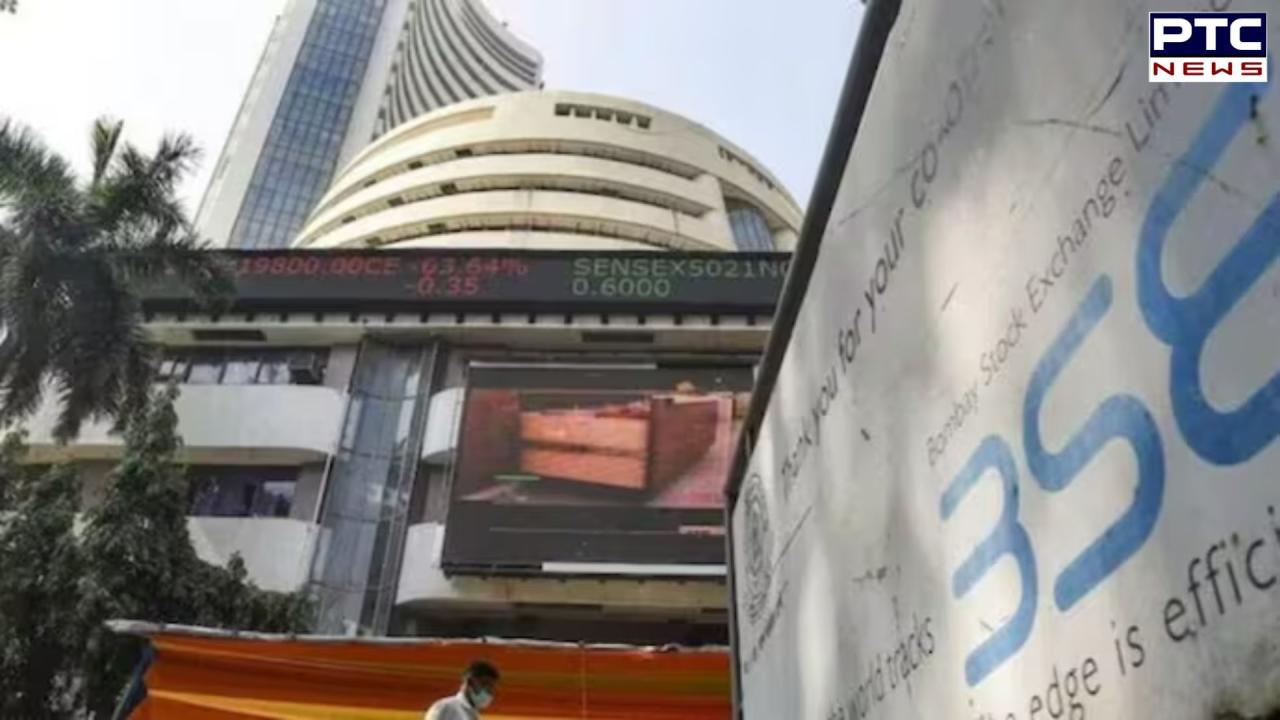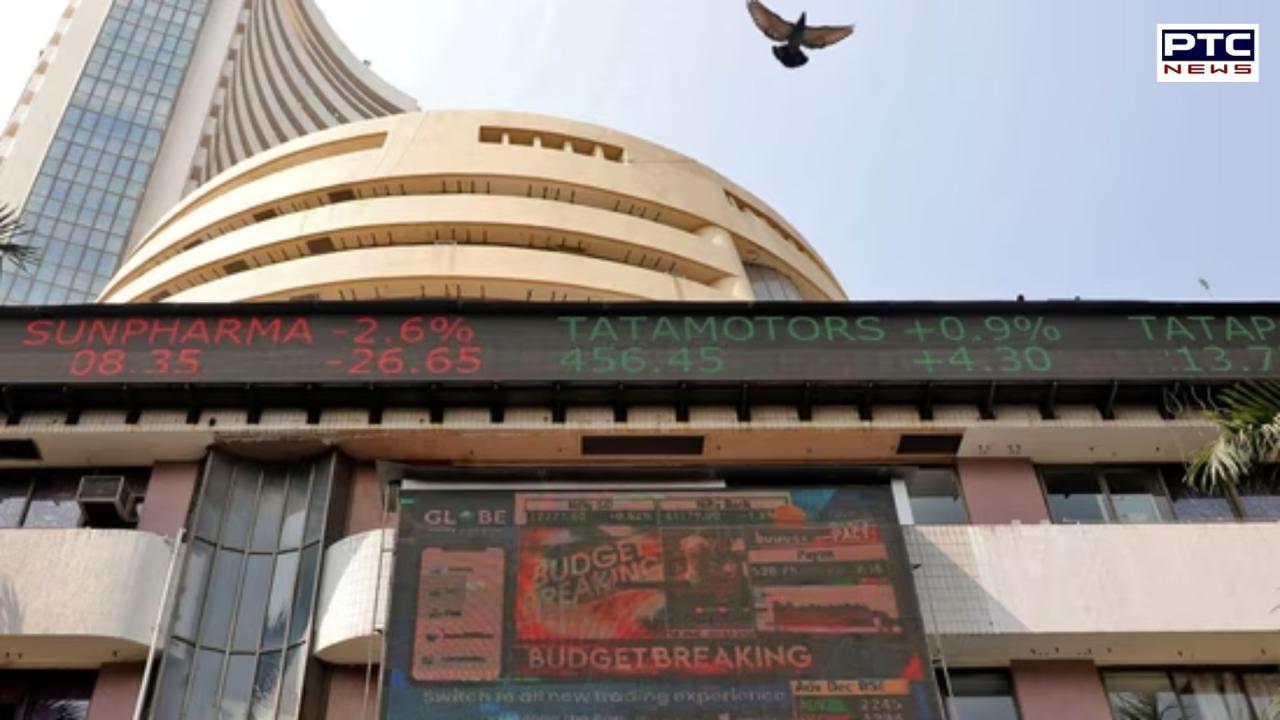

Iran-Israel conflict shakes Indian stock market; Sensex tumbles in early trade even as oil prices soar
Iran-Israel conflict: The ongoing clash between Iran and Israel triggered panic on Dalal Street, causing the Sensex to drop by 1,250 points in early trading on Thursday. At 11.02 am, the Sensex had recovered slightly but was still down by 958.55 points, sitting at 83,307.74. The Nifty50 index also followed suit, losing 297.50 points to trade at 25,499.40. Every major market index was in the red, reflecting the deep impact of the geopolitical tension.
The conflict between Iran and Israel has rattled global markets, especially due to fears of disruption in oil supplies from the Middle East. Iran recently launched missile strikes on Tel Aviv, escalating concerns of a prolonged conflict with Israel that could cause further instability.
“If Israel targets Iran’s oil facilities, crude oil prices could skyrocket, which would be particularly harmful to oil-importing countries like India,” warned an expert.
Crude prices have already surged, with Brent crude crossing $75 per barrel and West Texas Intermediate reaching $72 per barrel, both up by 5% in recent days. Since India heavily depends on oil imports, this surge could lead to higher inflation and a growing fiscal deficit.
Apart from rising oil prices, the Securities and Exchange Board of India’s (Sebi) new regulations for the futures and options (F&O) market have contributed to the stock market's downturn. The tightened rules, such as limiting weekly contract expiries and increasing contract sizes, have left many retail investors wary, further adding to the market's decline.

Foreign investors have been pulling money out of Indian stocks, with Rs 5,579 crore withdrawn just on Tuesday. This is largely due to Chinese markets offering more attractive opportunities, following stimulus measures from the Chinese government. The SSE Composite Index jumped 8% on Tuesday, gaining over 15% in the last week alone.
Experts are urging caution amid the market's volatility. They say investors could consider shifting some of their portfolios to safer sectors such as Pharma and FMCG to reduce risk.
- With inputs from agencies
